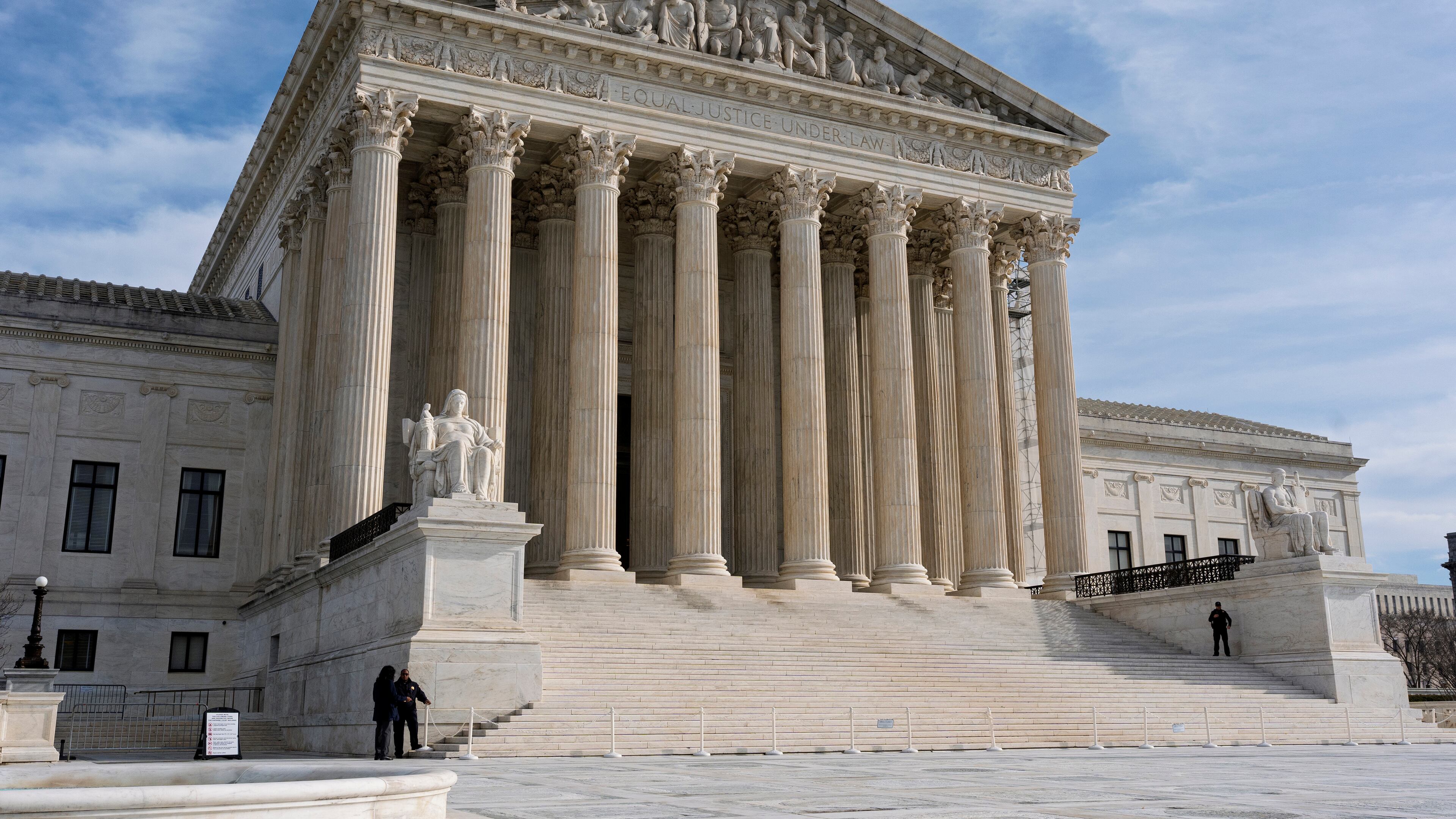U.S. Supreme Court clears way for Georgia law aimed at limiting porn access

A U.S. Supreme Court ruling Friday cleared the way for Georgia’s new law limiting access to sexually explicit content on public websites to take effect July 1.
In a 6-3 decision, the nation’s highest court ruled that Texas’ law aimed at preventing minors from accessing pornography does not violate the First Amendment. The law requires people to verify their age by submitting a government ID or other measures.
Similarly, Georgia’s law, which passed in 2024, will require porn sites and other websites with a substantial portion of “material that is harmful to minors” to use an age verification system.
Other parts of Georgia’s statute would require children under the age of 16 to have a parent’s permission to create social media accounts are on hold after a federal district court judge granted a preliminary injunction temporarily blocking them.
While the Supreme Court’s decision does not directly apply to Georgia’s statute, it is expected to influence how courts assess similar laws in more than 20 other states.
The Supreme Court ruling is a loss for the Free Speech Coalition, an adult entertainment industry trade group that challenged the Texas law, arguing it stifles the free speech of adults.
In the majority opinion, Justice Clarence Thomas wrote the Texas law did not severely limit the First Amendment rights of adults.
Justice Elena Kagan, who wrote the dissenting opinion, argued the Texas measure should have been held to a higher legal standard of review to determine whether the law violated free speech rights.
A federal district court judge in Austin blocked the Texas law, saying it would chill free speech. A 2-1 ruling in the 5th U.S. Circuit Court of Appeals reversed that decision.
One of the busiest websites globally, Pornhub, stopped operating in Texas after the appeals court ruling.



